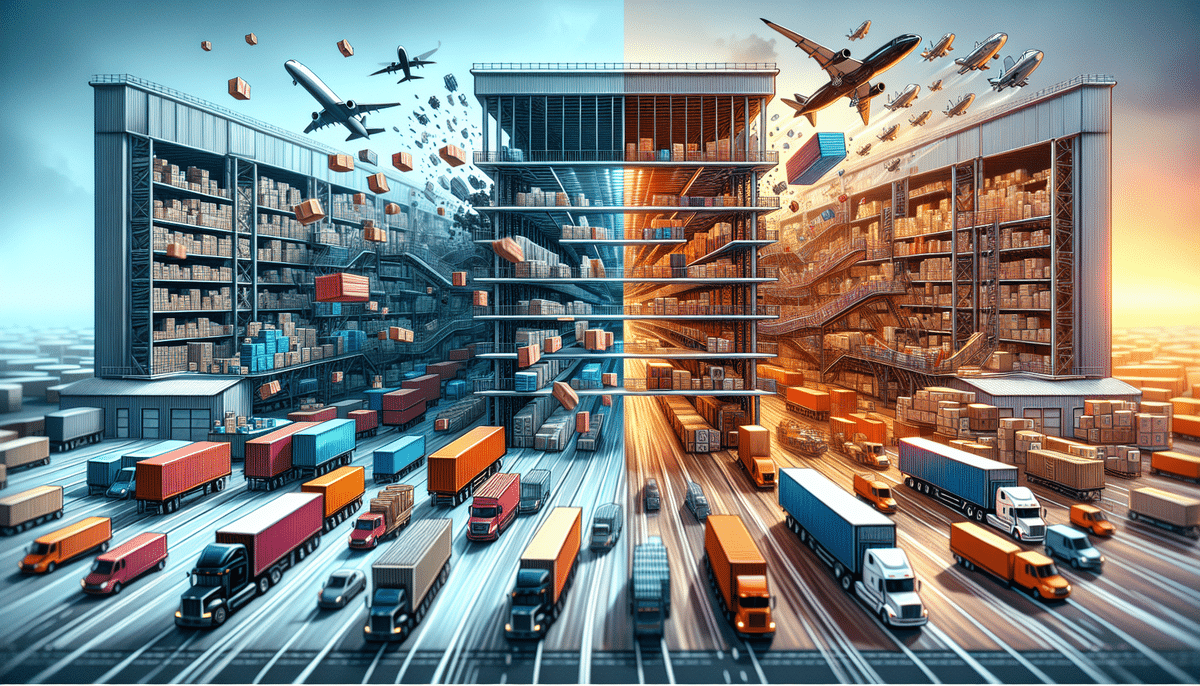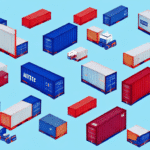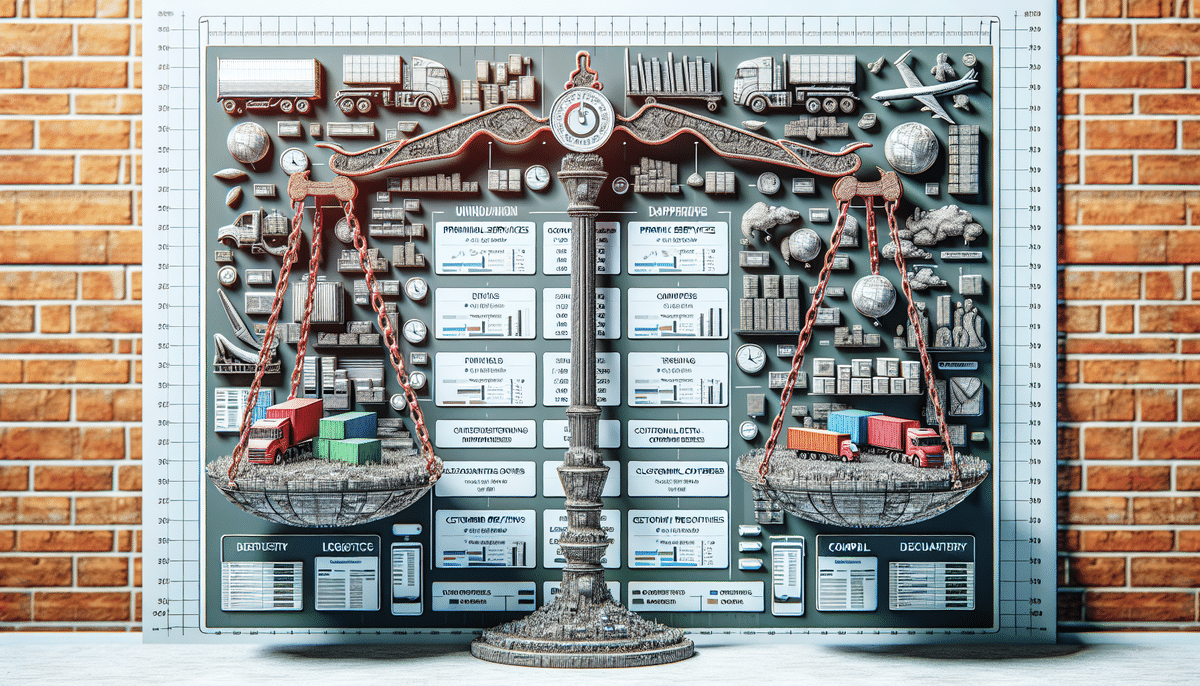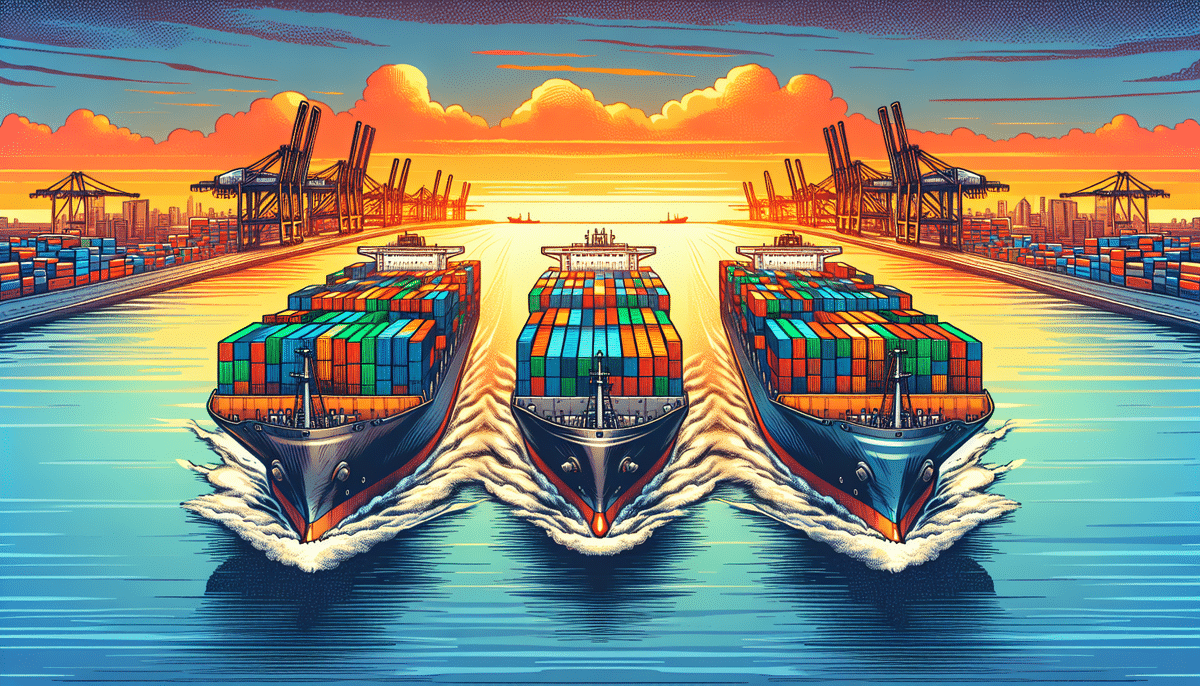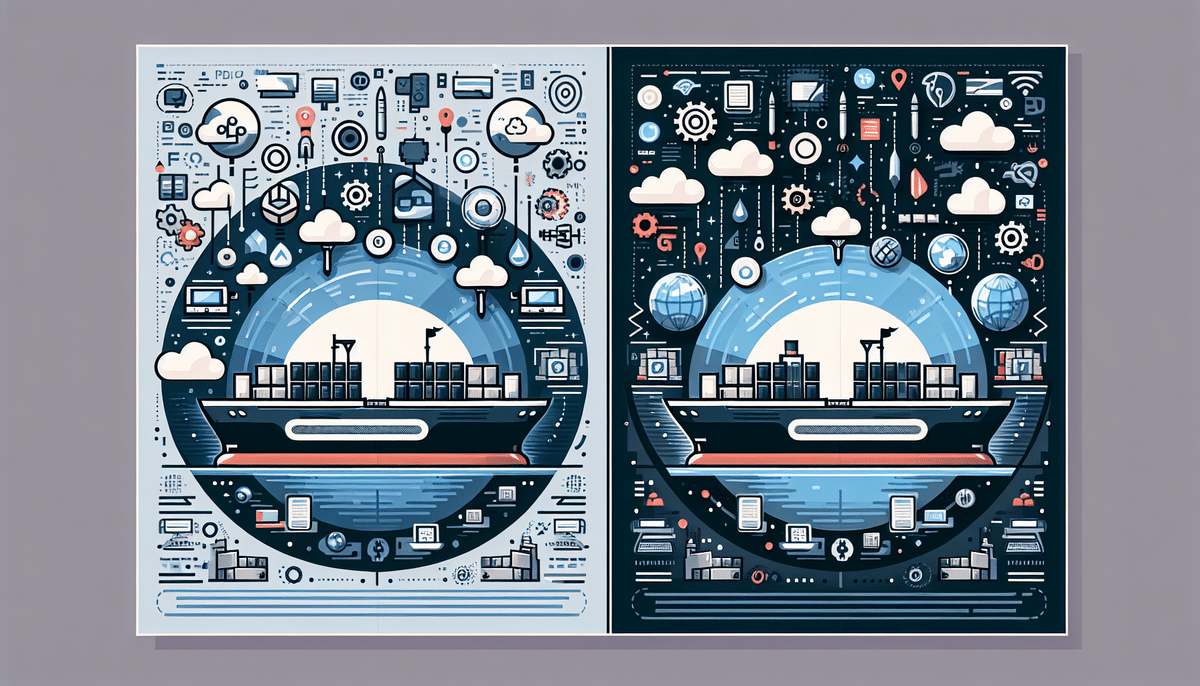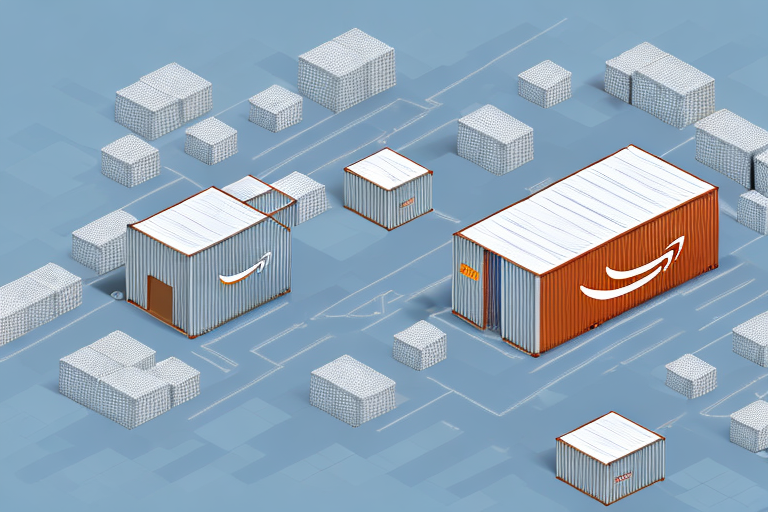Fulfillment by Amazon (FBA) vs DCL Logistics: An In-Depth Comparison
For retailers and e-commerce business owners, efficient and timely delivery is crucial to customer satisfaction and business success. Fulfillment by Amazon (FBA) and DCL Logistics are two prominent options for outsourcing warehousing, order management, and shipping services. This article explores the key differences and similarities between FBA and DCL Logistics to help you determine the best fit for your business needs.
Introduction to Fulfillment Services
Fulfillment services play a vital role in the e-commerce ecosystem by managing storage, packaging, and shipping of products to customers. Understanding the capabilities and offerings of different fulfillment providers is essential for businesses aiming to optimize their supply chain and enhance customer experience.
What is Fulfillment by Amazon (FBA)?
Fulfillment by Amazon (FBA) is a service provided by Amazon that enables third-party sellers to store their products in Amazon's extensive network of fulfillment centers. Amazon handles the picking, packing, shipping, and customer service for these products, allowing sellers to leverage Amazon's logistics expertise and global reach.
What is DCL Logistics?
DCL Logistics is a third-party logistics (3PL) provider offering comprehensive warehousing, inventory management, and shipping services to businesses of all sizes. Unlike FBA, DCL Logistics serves multiple sales channels, providing tailored fulfillment solutions that cater to the unique needs of each client.
Benefits of Fulfillment by Amazon (FBA)
Extensive Distribution Network
FBA provides access to Amazon's vast distribution network, enabling sellers to reach customers across the globe with fast and reliable shipping. This extensive network helps improve product visibility and sales potential.
Integrated Customer Service
Amazon handles customer service and returns management for FBA sellers, streamlining operations and allowing sellers to focus on other aspects of their business. This integration ensures a consistent and high-quality customer experience.
Enhanced Product Rankings
Products fulfilled by FBA often enjoy higher rankings in Amazon's search results. Factors such as fast shipping and positive customer feedback contribute to improved visibility and increased sales.
Benefits of DCL Logistics
Customized Fulfillment Solutions
DCL Logistics offers tailored fulfillment services that can be customized to fit the specific needs of each business. This flexibility is ideal for companies with unique shipping requirements or those operating across multiple sales channels.
Real-Time Inventory Management
DCL Logistics provides real-time inventory tracking and management, helping businesses maintain accurate stock levels and prevent overselling. This capability enhances operational efficiency and customer satisfaction.
Value-Added Services
In addition to standard fulfillment services, DCL Logistics offers value-added services such as kitting, assembly, and quality control. These services allow businesses to offer customized product configurations and ensure high-quality standards.
Costs and Fees Comparison
FBA Fees
FBA charges fees based on product size, weight, and storage duration. These fees include fulfillment fees per order, long-term storage fees for items stored over 365 days, and additional charges for services like returns management. Understanding FBA's fee structure is crucial for managing profit margins effectively.
DCL Logistics Fees
DCL Logistics fees are determined by the specific services requested, such as warehousing, order picking, packing, and shipping. Costs vary based on order volume, product characteristics, and value-added services. DCL Logistics may offer more transparent and customizable pricing compared to FBA.
Flexibility, Scalability, and Integration
Scalability with FBA
FBA is well-suited for businesses that experience fluctuating order volumes, as Amazon can scale operations up or down to meet demand. However, FBA is primarily integrated with Amazon's marketplace, which may limit flexibility for multi-channel sellers.
Scalability with DCL Logistics
DCL Logistics provides scalable solutions that accommodate growth across various sales channels, including online marketplaces, direct-to-consumer platforms, and retail partnerships. This versatility makes DCL Logistics a strong choice for businesses expanding beyond Amazon.
Integration Capabilities
DCL Logistics integrates seamlessly with multiple e-commerce platforms such as Shopify, Magento, and WooCommerce. This multi-channel integration allows businesses to manage their entire sales ecosystem from a single fulfillment partner.
Shipping, Handling, and Customer Service
Shipping Efficiency with FBA
FBA leverages Amazon's optimized logistics network to offer fast and reliable shipping options, including Amazon Prime's two-day shipping. However, FBA may incur higher shipping costs for large or fragile items.
Shipping Flexibility with DCL Logistics
DCL Logistics offers more flexibility in shipping options, allowing businesses to choose their preferred carriers, delivery speeds, and handling requirements. Additionally, DCL Logistics can negotiate discounted shipping rates, potentially reducing overall shipping expenses.
Customer Service Comparison
While FBA provides standardized 24/7 customer service, it may lack personalized support. In contrast, DCL Logistics offers dedicated account managers who provide tailored support and can address specific business needs effectively.
Warehousing and Security Measures
FBA's Global Warehousing
FBA offers access to Amazon's global network of fulfillment centers, ensuring efficient storage and distribution. Amazon implements robust security measures, including surveillance and secure access controls, to protect inventory.
DCL Logistics' Customized Warehousing
DCL Logistics provides flexible warehousing solutions, allowing businesses to store products in multiple locations to reduce shipping times and costs. They also offer customized security protocols, including real-time inventory monitoring and regular security audits, to safeguard products.
Branding and Integration with Sales Channels
Branding Opportunities with FBA
FBA has limited branding options, as Amazon's packaging and branding take precedence. This can make it challenging for businesses to establish a unique brand presence.
Branding Opportunities with DCL Logistics
DCL Logistics allows businesses to customize packaging and include promotional inserts, enhancing brand recognition and customer loyalty. This level of customization supports businesses in creating a distinct brand identity.
Multi-Channel Integration
DCL Logistics supports integration with various sales channels beyond Amazon, enabling businesses to streamline operations and maintain consistency across platforms. This multi-channel support facilitates growth and diversification.
Choosing the Right Fulfillment Partner for Your Business
When deciding between FBA and DCL Logistics, consider the following factors:
- Sales Channels: If your business primarily sells on Amazon, FBA offers seamless integration. For multi-channel sales, DCL Logistics provides greater flexibility.
- Cost Structure: Analyze the fee structures of both providers to determine which aligns better with your budget and profit margins.
- Customization Needs: If branding and customized fulfillment services are important, DCL Logistics may be the preferable choice.
- Scalability: Consider your business's growth plans and choose a partner that can scale with your expanding needs.
- Customer Service: Evaluate the level of customer support required and select a provider that offers the appropriate level of service.
Ultimately, the right fulfillment partner depends on your specific business requirements, goals, and operational priorities.
Conclusion
Fulfillment by Amazon (FBA) and DCL Logistics offer distinct advantages for e-commerce businesses seeking to outsource their order fulfillment processes. FBA is ideal for businesses heavily invested in Amazon's marketplace, benefiting from its extensive distribution network and integrated customer service. Conversely, DCL Logistics provides customizable and flexible solutions suitable for multi-channel retailers, offering enhanced branding opportunities and personalized support. By carefully evaluating your business needs, sales channels, and growth objectives, you can select the fulfillment partner that best supports your path to success.














